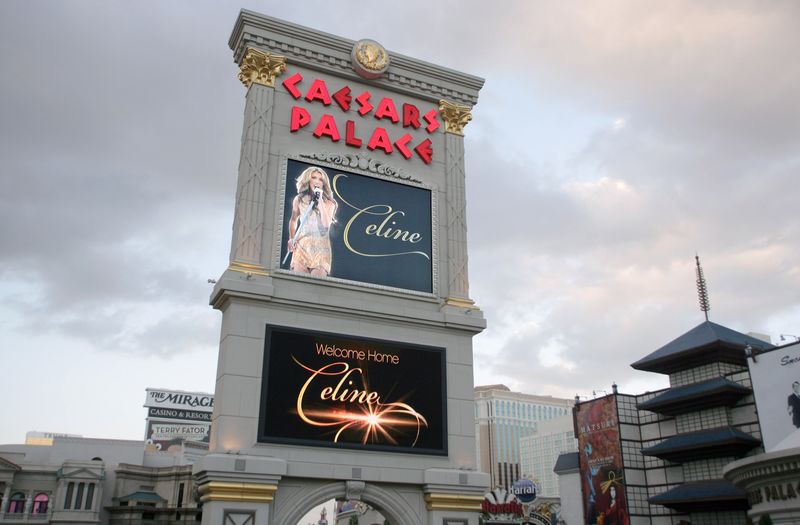By Tracy Rucinski
CHICAGO (Reuters) - Shares of Caesars Entertainment Corp (O:CZR) slid on Friday, a day after hitting a 16-month high, as investors awaited a midnight deadline for creditors to accept a sweetened $5 billion deal that could finally extract the casino company from a costly bankruptcy.
The company's main operating unit, Caesars Entertainment Operating Corp Inc, or CEOC, filed for bankruptcy in January 2015. Creditors have alleged that the parent and its private equity owners looted the subsidiary of its best casinos, leaving it unable to pay $18 billion of debt and sparking protracted legal fights.
The latest offer from Caesars and private equity firms Apollo Global Management (N:APO) and TPG Capital Management (TPG.UL) would add $1.6 billion for hold-out junior creditors in exchange for them dropping legal claims worth billions of dollars.
A settlement would stave off potential rulings in October against Caesars on certain bondholder lawsuits worth some $13 billion, which Caesars has warned could push it into bankruptcy.
Shares of Caesars were down 3 percent at $9.48 on Nasdaq at mid-afternoon. The stock shot up 40 percent over the prior two sessions on optimism about a settlement. It hit $10.84 on Thursday, the highest since May 2015.
Apollo and TPG formed the Las Vegas-based casino group through the $30 billion leveraged buyout of Harrah's in 2008.
A deal would be a big win for junior creditors led by Appaloosa Management. But it would require senior creditors such as Elliott Management to give up hundreds of millions of dollars, complicating negotiations.
Caesars had previously said it would contribute about $4 billion to the CEOC reorganization, which envisions splitting the subsidiary into an operating unit and a separate real estate investment trust.
To help fund the reorganization, the Caesars parent plans to merge with another affiliate, Caesars Acquisition Co (O:CACQ), to create a new company that would be 62 percent owned by CEOC's creditors, Caesars said on Wednesday.
Caesars, its directors and officers and its private equity backers would contribute $1.2 billion, mostly in the form of Caesars stock, along with more than $100 million in cash from insurance. The rest would come from reduced payouts to CEOC's senior creditors, who would have recovered over 100 percent of their investment under a previous plan.

The judge overseeing the bankruptcy has been pressuring Caesars directors such as billionaire investors Marc Rowan of Apollo and David Bonderman of TPG to personally contribute to the reorganization in exchange for releases from fraud allegations.